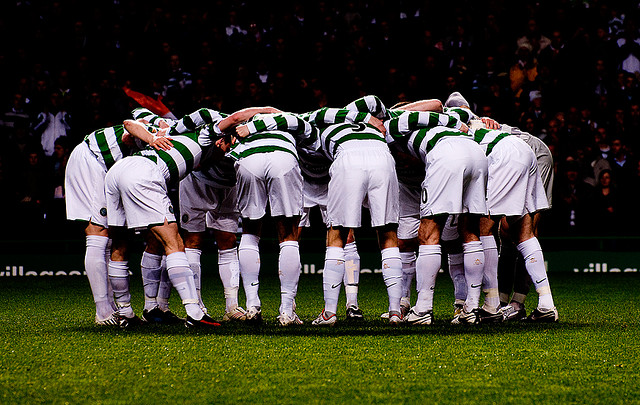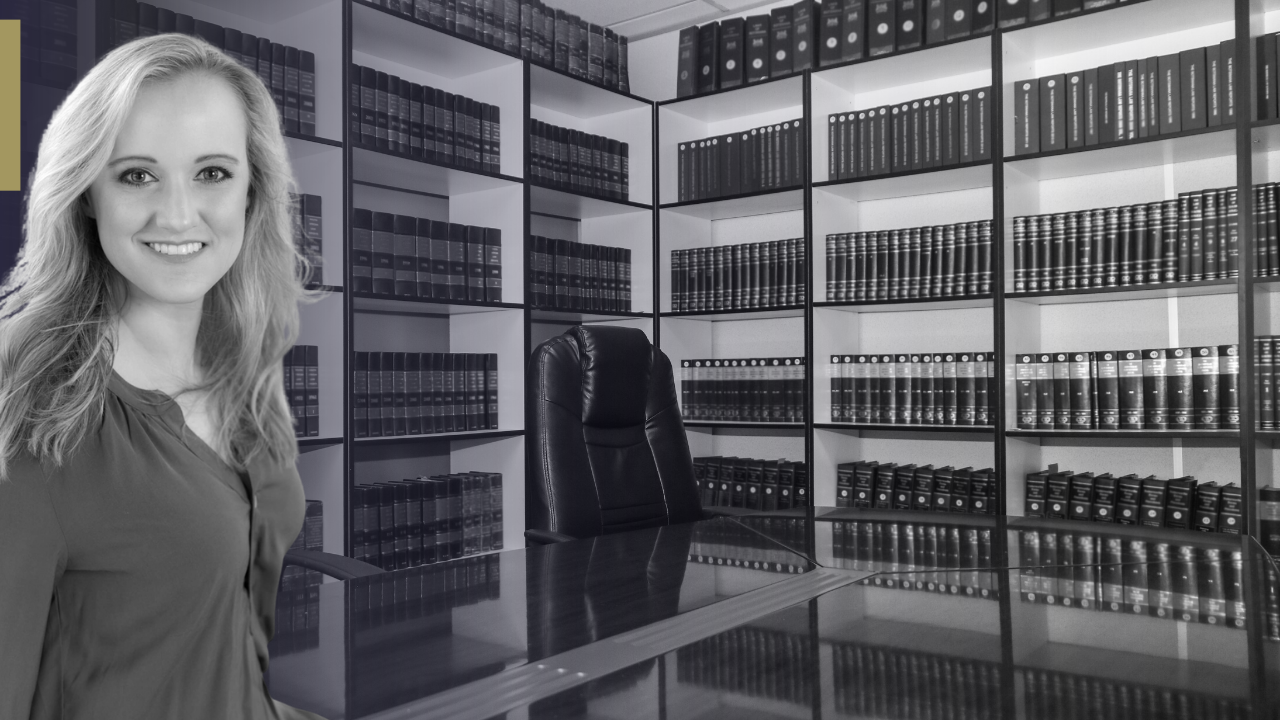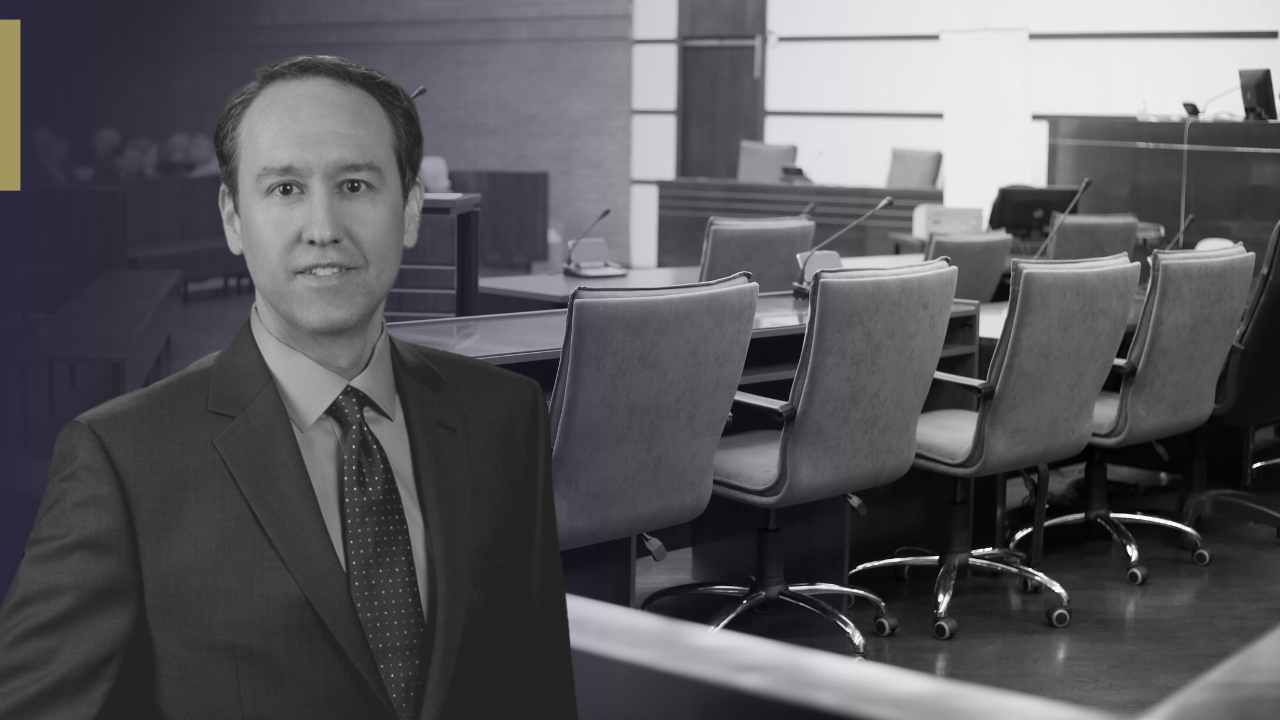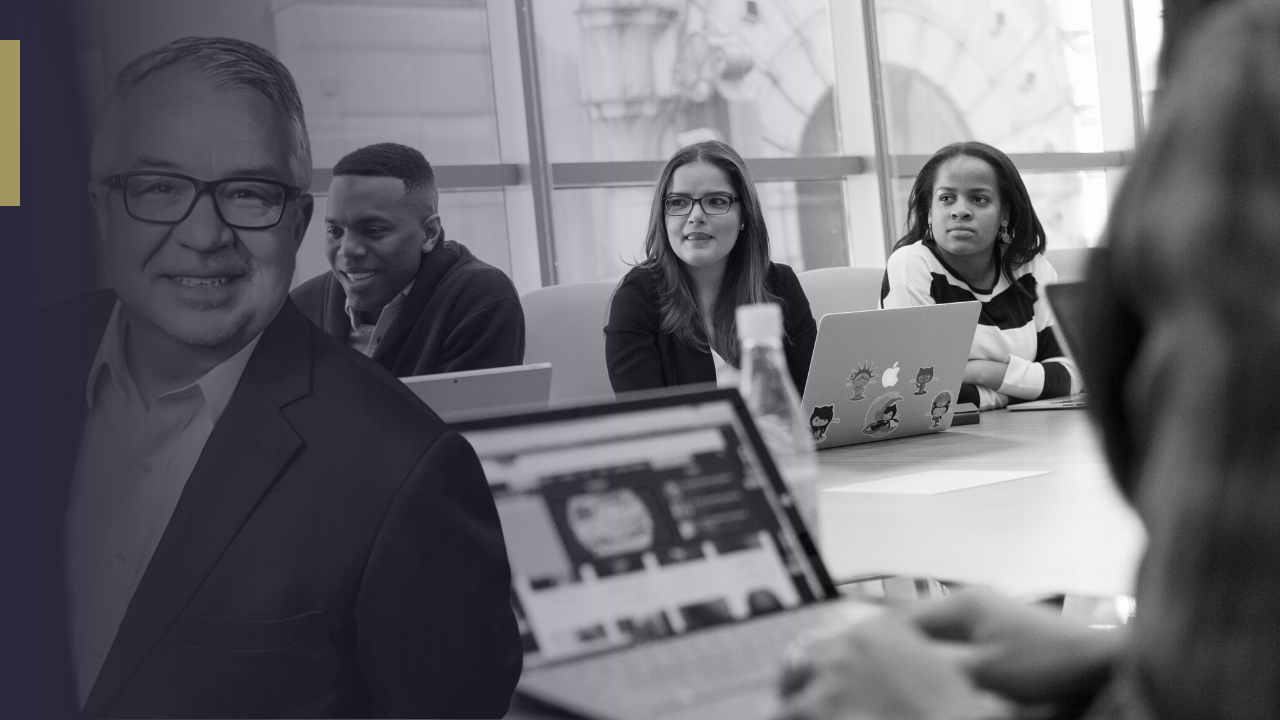 Hiring a criminal defense attorney, whether at the trial court or appellate level, is a pretty complex thing. No matter how life-altering the case might be, the lawyer decision is huge. For the lawyer, taking on a client, whether at the trial court or appellate level, is a big decision, also. The client literally puts her life in the hands of the attorney. And the attorney makes a decision on taking the client that will have a significant impact on the lawyer’s life over the next few months to years. Not all clients and lawyers are a good fit for one another. I’ve learned that there are no small legal matters.
Hiring a criminal defense attorney, whether at the trial court or appellate level, is a pretty complex thing. No matter how life-altering the case might be, the lawyer decision is huge. For the lawyer, taking on a client, whether at the trial court or appellate level, is a big decision, also. The client literally puts her life in the hands of the attorney. And the attorney makes a decision on taking the client that will have a significant impact on the lawyer’s life over the next few months to years. Not all clients and lawyers are a good fit for one another. I’ve learned that there are no small legal matters.
Any lawyer who has represented a client bound and determined to demonstrate that he was not, in fact, speeding, can attest that misdemeanors often mean as much to the client as the person that they are representing for murder. For both the attorney and the client, the decision to retain and to be retained is a big one. For that reason, I put a great deal of attention into the first client meeting.
- The first meeting with the client is too important to waste any part of it. When I sit down with a client, I already know the charges or the essential facts about the conviction. I already know the client and family’s contact information. I generally have already obtained many of the important needed additional documents. From the moment that the client is seated in my conference room or office, we start talking about possible legal strategy and the next procedural steps. I do not like to spend the first 15-30 minutes getting background information such as DOB, phone number, and address. Our time is too valuable. And I strive to have a certain sense of mastery over the case before I meet with a client.
- Our first contact usually involves me giving the client a homework assignment. Usually, I want, in writing, a narrative of the client’s basic bio, including criminal history, educational history, and work history. I want to know basic family information. I want to know how bond was made if it was not made yet. I want to know the identity of lawyers who have worked on the case before me. I want to hear the matter described in the client’s own words. If there’s a conviction, I want to know “what went wrong.” I will sometimes want to gather documents. Before we meet, I will want to know as much as I can about the client and the case. This process also give me an opportunity to see what it will be like to work with the client and for the client to see what it will be like to work with me.
- Things I generally will not tell you on the phone.
- What the cost will be. No lawyer can really know what it will cost to represent you within seconds of talking to you on the phone. Cost is connected to complexity and experience. If a lawyer quickly tells you what something will cost over the telephone, he is either guessing or is trying to get you off the phone.
- Whether I can “beat this.” First, we will not know the answer to this question until the case is over. And I will not be able to make even a rough assessment until I know something about this case. If a lawyers ever tells you that he “can beat this,” particularly on the first phone call, then run quickly away from this lawyer.
- Whether I believe a certain set of things to be true. I don’t make guilt/innocence decisions within seconds. I don’t commit to any belief that anything either is or is not true. I commit to keeping an open mind about anything I might here, whether from the client, the person who made the arrest decision, or any witness. But I’m not going to lie to a client or pretend to have committed to any belief in anything within seconds of speaking on the phone. Clients probably do not want a lawyer who is either that gullible or dishonest.
- By the time we meet, I will have thought about your case. When you hire me, we will have some momentum going. Or, if you don’t hire me, you will walk away with a better understanding of what will come next. I put more into an initial meeting than many lawyers. But I also recognize that my decision to take your case and your decision to retain me is a huge one.
I’m learning to fly. And the process of finding an instructor is about as close as I have come to what it must be like to be looking to hire an attorney. I interviewed four different prospective flight instructors before committing to the one who is putting up with me now as we go up in a plane that is about the size of a Volkswagen. The teacher I chose came to our first meeting prepared. He had a syllabus, and he took the time to explain the process. He then introduced me to another flight instructor because he was concerned with me finding somebody who was the right fit, even if he was not that person. He was the flight instructor version of me as a a lawyer. I also got the very real sense that he was sizing me up as a prospective student.
I am not sure what other lawyers do, but this is my process. I field more calls from prospective clients than clients who hire me. I meet with more clients than clients who hire me. Some clients want to hire a lawyer as fast as possible. Some clients are looking to pay as little as possible. Some clients are not a good fit for me. I also have gotten into the process and learned that the client is not the client for me. But I am deliberate about the process because I know that I’m not the lawyer for every client and not ever client is the right client for me. I also know that it is easier to put some work in to find the right fit than it is to get into an attorney-client relationship where we are not.


